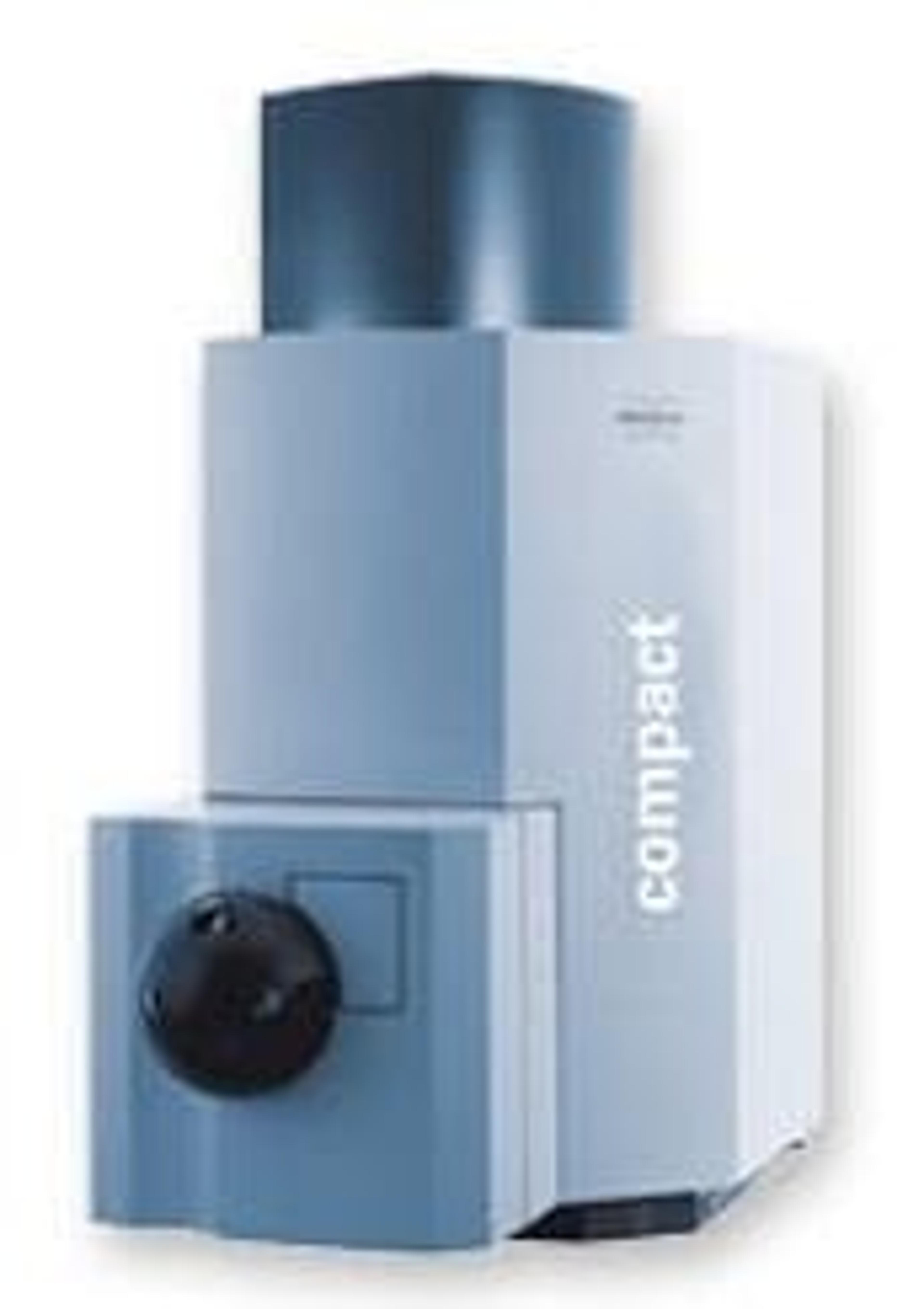Bruker Introduces MetaboScape® at MetaboMeeting 2015
Novel MetaboScape software links experimental data to biology by pathway mapping
8 Dec 2015
At the annual meeting of the Metabolic Profiling Forum (MetaboMeeting 2015), Bruker has announced a new, integrated metabolomics solution, called MetaboScape®, which extends metabolomics data analysis for non-targeted experiments, based on metabolic pathway mapping.
In the past decade, metabolomics has grown rapidly and has been widely adopted. The growing number of detectable and identifiable substances increases the need for efficient data analysis and the extraction of biologically relevant information. Metabolite identification is especially important and annotation of previously described known target metabolites - known as dereplication – must be automatic, just as identification of unknowns should be seamless.
Metabolic pathways are critical to organize existing biochemical knowledge, as well as to interpret the identified compounds in a biological context. With MetaboScape, data analysis, annotation and identification of compounds in metabolic pathways becomes a seamless operation.
Dr. Aiko Barsch, Market Manager for Metabolomics at the Bruker Daltonics division, commented: “With the new MetaboScape software, our customers are benefitting from an even stronger data analysis portfolio for metabolomics research, offering higher throughput, more reliable results and deeper insights with our comprehensive bioinformatics solutions. All of this assists our customers in linking their Bruker LC-QTOF mass spectrometry data to the underlying biological research questions.”
About the MetaboScape software
MetaboScape is fully integrated within the newly developed Compass® Metabolomics Suite and extends existing non-targeted workflow capabilities. With the Compass PathwayScreener™ also being part of the Compass Metabolomics Suite, researchers can now get two sets of results for enhanced profiling. This is achieved by performing pathway-driven, targeted metabolomics analysis on the same data set used for non-targeted data mining.
MetaboScape extends the non-targeted metabolomics capabilities by automated annotation of known compounds based on accurate mass and high-fidelity isotopic patterns - and where available, retention time. MetaboScape thus simplifies identification of unknowns. The tightly integrated, proprietary and unique SmartFormulaTM routine automatically and confidently generates precise molecular formulas and the CompoundCrawlerTM accesses online databases for subsequent structure assignment. MetaboScape uses mapping of identified metabolites on metabolic pathway maps for connecting experimental data to biology.
Innovations providing customer value
The new client-server architecture speeds up data mining by allowing multiple users to access the data at the same time, helping customers deal with a growing amount of experimental data. Another throughput improvement is the confident and fast metabolite dereplication by combining user definable confidence levels for target compound identification with improved automatic processing and integrating online databases for structure assignment. Setting the results in their relevant biological context by pathway mapping allows users to quickly pinpoint and identify biomarkers, thus linking LC-QTOF mass spec data to the underlying biology.
Professor Ian T. Baldwin at the Max Planck Institute for Chemical Ecology in Jena, Germany explains: “MetaboScape enabled my team to mine complex plant metabolomics in a fraction of time compared to the intensive manual work required before.” His team member Sven Heiling elaborates further: “In addition, MetaboScape enabled more confident dereplication of known compounds, and established their biological significance in the context of chemical ecology by the pathway mapping functionality.”

